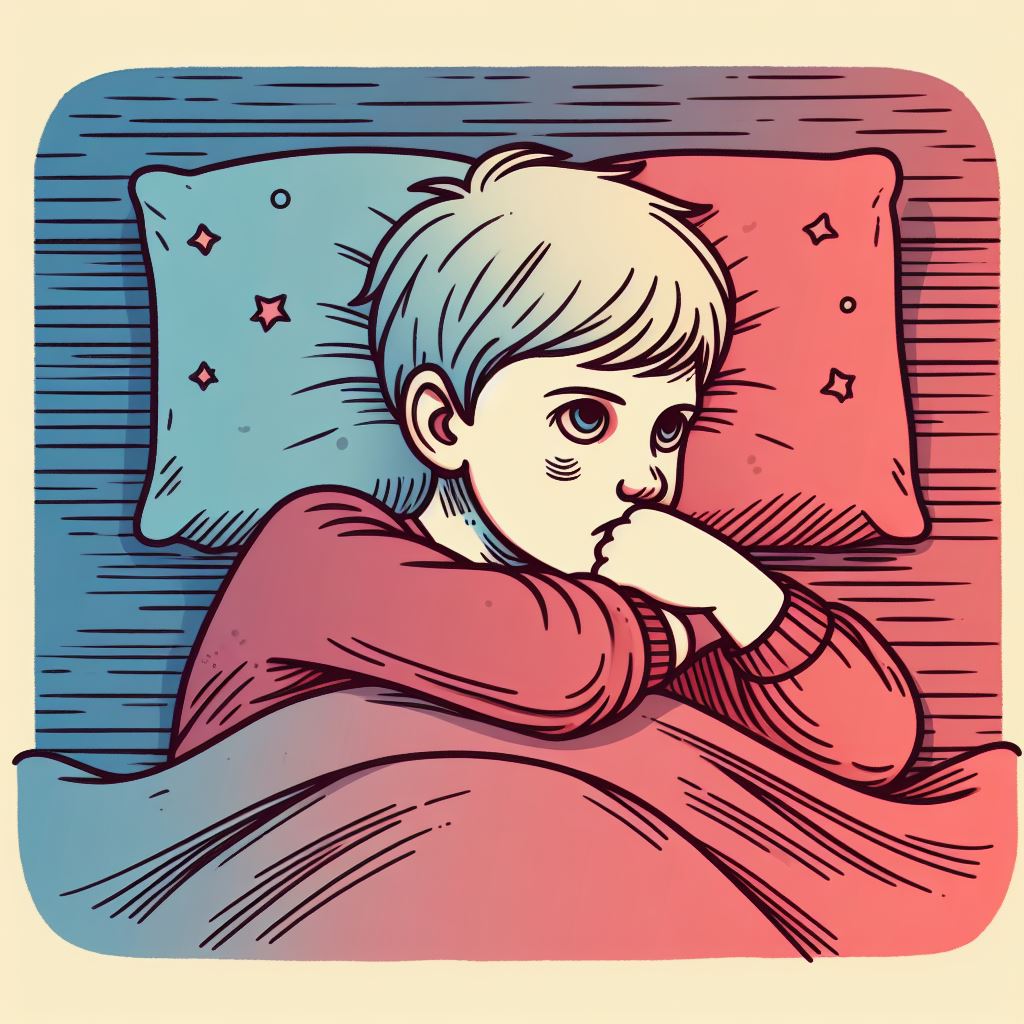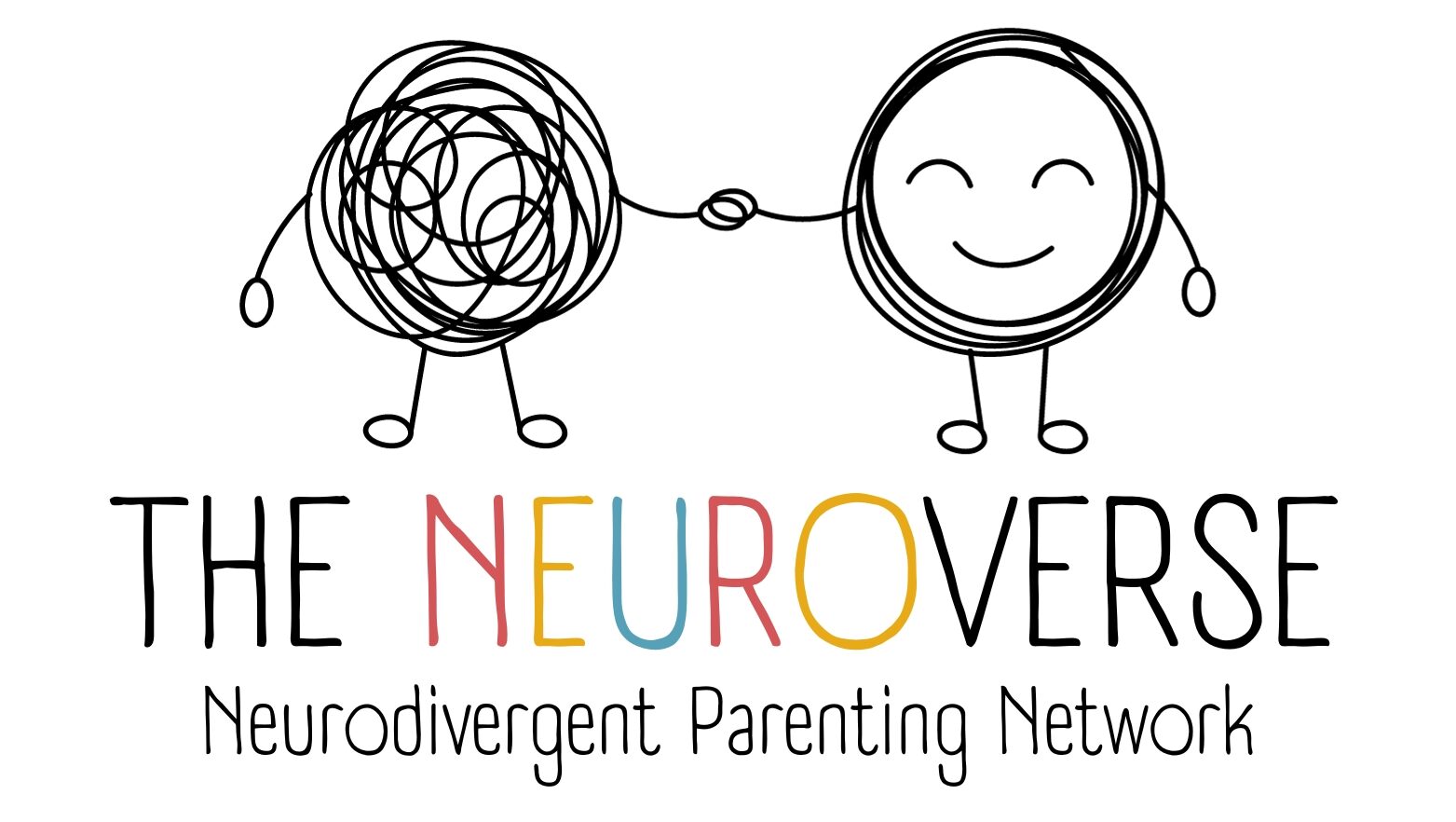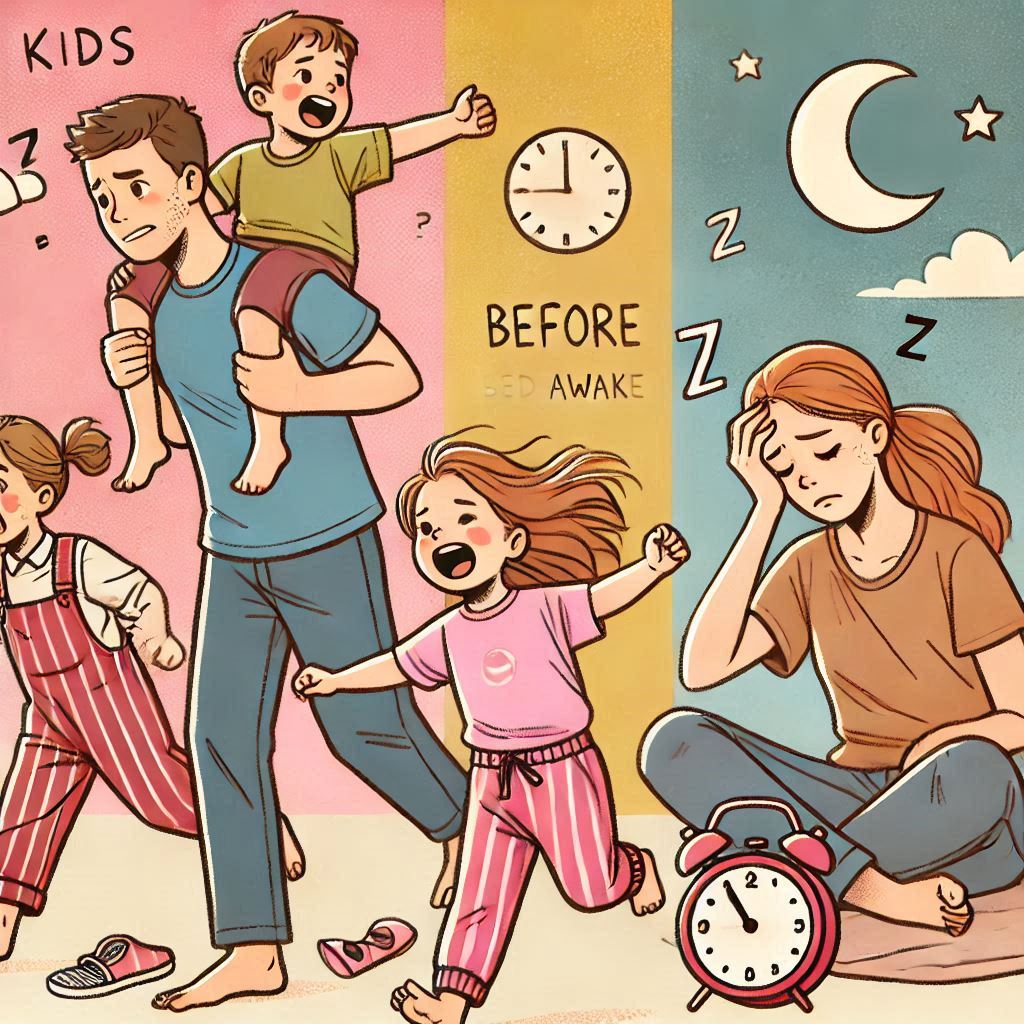Sleep Challenges in Neurodivergent Children: Insights and Strategies

For neurodivergent children, including those with Autism Spectrum Disorder (ASD) and Attention Deficit Hyperactivity Disorder (ADHD), achieving a restful night’s sleep can be a formidable challenge. These sleep difficulties not only disrupt their rest but also significantly influence their daily lives, affecting learning, behaviour, and emotional regulation.
This guide explores the unique sleep issues faced by neurodivergent children and offers practical advice to improve their sleep quality.
Identifying Sleep Issues
Neurodivergent children might experience various sleep problems such as sleep-disordered breathing, insomnia, restless leg syndrome, circadian rhythm disruptions, and melatonin dysregulation. These challenges lead to less restorative sleep and necessitate longer sleep durations to feel rejuvenated, resulting in increased daytime drowsiness.
Autistic children specifically may encounter reduced REM sleep, leading to a greater need for sleep to obtain REM’s benefits. Genetic factors can also contribute to insomnia and disruptions in melatonin regulation and circadian rhythms.
Similarly, children with ADHD are significantly more likely to experience sleep disturbances, including insomnia and circadian rhythm disorders. Sleep issues can profoundly impact their focus, behaviour, and academic performance.
Understanding the Causes
Sleep struggles among neurodivergent children can arise from various sources, such as co-existing conditions like anxiety or depression, sensory sensitivities, and genetic mutations affecting sleep-related hormones and rhythms. Addressing these underlying causes is crucial for improving sleep.
Practical Tips for Better Sleep
- Promote Exercise and Healthy Nutrition:
Encourage regular physical activity and a balanced diet, avoiding caffeine and trigger foods that might interfere with sleep.
- Establish a Routine:
Create a consistent night-time routine, emphasising calm activities and maintaining a predictable schedule to signal the body it’s time for sleep.
- Implement a Bedtime Alarm:
Use a gentle alarm to indicate bedtime, helping children associate sleep with a cue rather than feeling it’s imposed.
- Utilise White Noise and Blackout Curtains:
To minimise sensory disruptions, consider white noise machines or apps and blackout curtains to create an ideal sleeping environment.
- Explore Aromatherapy:
Introduce calming essential oils like lavender or chamomile to help soothe your child before sleep.
- Address Anxiety:
Employ strategies to reduce bedtime anxiety, creating a more conducive mindset for sleep.
- Consider Weighted Blankets:
Weighted blankets or toys can offer deep pressure, aiding in proprioception and calming the central nervous system.
- Look into Melatonin Supplements:
If other strategies don’t suffice, consult with a healthcare provider about the possibility of using melatonin supplements to support natural sleep cycles.
Implementing these strategies can significantly enhance sleep quality for neurodivergent children, positively affecting their overall well-being and development.



Leave a Reply